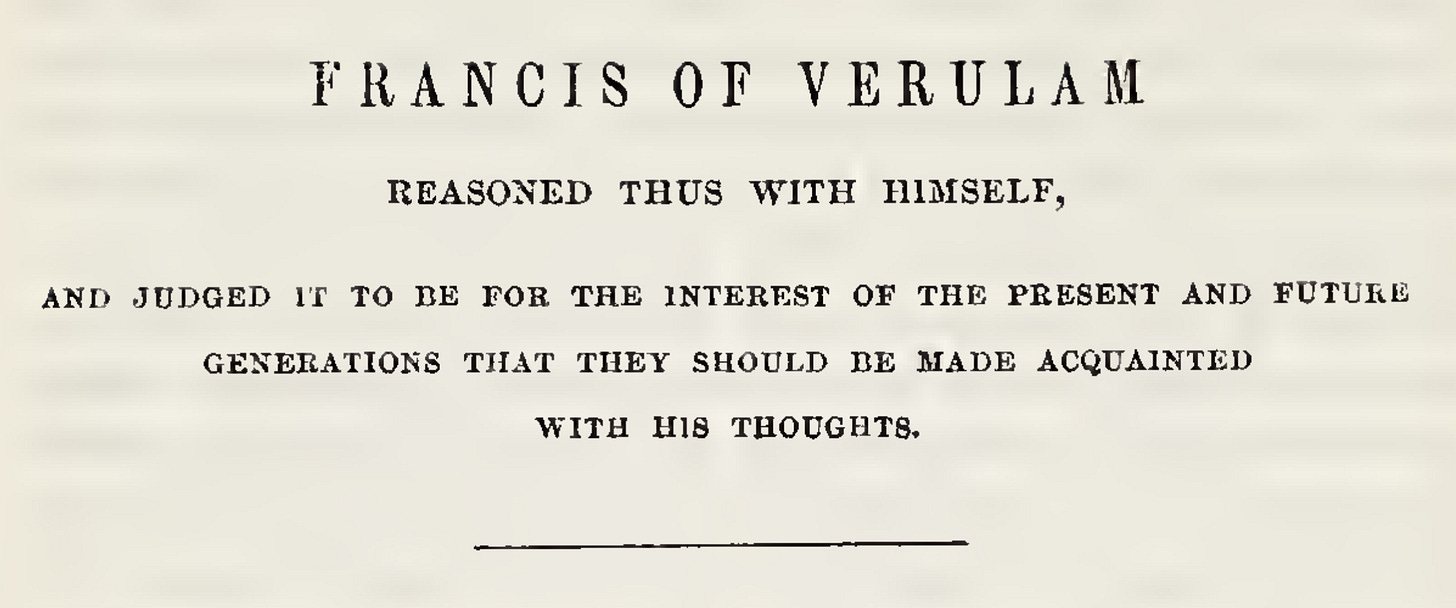You should write more
Write, even if people on the internet are eager to tell you otherwise.
I’ve been writing a lot. For one, it helps me think. Joan Didion, a noted writer, had a similar take: "I write … to find out what I'm thinking, what I'm looking at, … and what it means”. The concepts in our heads are nebulous and ever-shifting. Putting them on paper forces us to pressure-test our assumptions and address gaps.
It’s not just about self-improvement. It’s also about inspiring others to take up hobbies or pursue new careers. We don’t dream up new interests; we pick them up from friends, relatives, or strangers on the internet. If you only discuss your hobbies in private, you might never win over anyone. If you publish on the internet, you can reach hundreds with ease — and make a real difference for a person or two.
You don’t need to be the world’s leading expert to write about a particular topic. Experts are often busy and struggle to explain concepts in an accessible way. You should be honest with yourself and with your readers about what you know and don’t know — but otherwise, it’s OK to write about what excites you, and to do it as you learn.
In a similar essay, Phil Eaton calls out several bad-faith critiques of writing that crop up on the internet. My favorite is the perennial online forum quip: “what a waste of time, your article doesn’t say anything that hasn’t been said before”. That’s a silly argument. If you’re a painter, you’re still allowed to paint landscapes. Singers are still allowed to sing about love. The first time your critic learned about the topic in question, he wasn’t standing atop Mount Sinai. Knowledge transfer is a vital human activity, and it’s all about synthesizing, refining, and incrementally expanding on what’s been said before.
If snarky remarks discourage you from trying, remember that your critic spends his days putting down others on the internet. He’s upset that you wasted his time — but in all likelihood, that time wasn’t worth squat.

